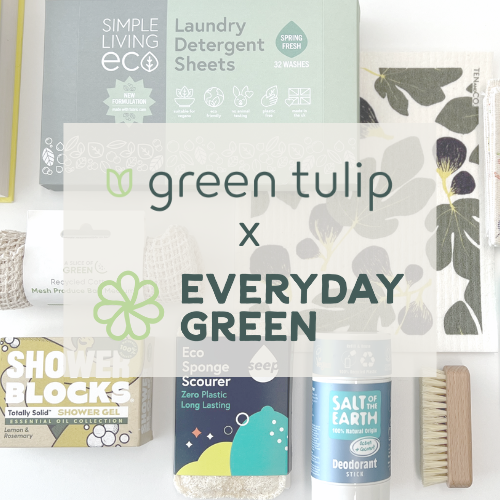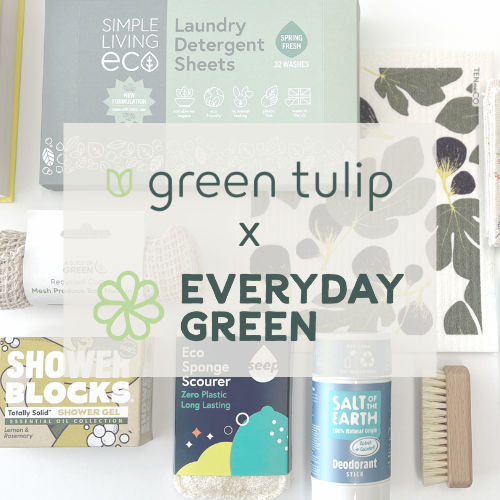Guide to different types of plastics & hidden plastics
There are numerous types of plastics available, each with its own characteristics. While some plastics can be recycled, others cannot. Additionally, there are bio-plastics, biodegradable plastics, and recycled plastics.
It's important to note that certain plastics may be concealed within products and not easily identifiable.
So, how can we differentiate between them?
WHAT TYPE OF PLASTIC IS IT?
Plastic is often stamped with a number from 1 to 7, indicating whether or not the item can be recycled. Essentially, plastics can be categorized into these 7 categories:

RECYCLED PLASTIC
Recycled plastic is plastic that has been produced from plastic that has already been used and recycled through industrial processes. It's what the plastic you recycle at home that's collected in kerbside recycling will hopefully be turned into!
Buying products made from recycled plastic keeps the plastic out of the waste stream for one more use or lifetime and reduces the amount of virgin plastic (new plastic from extracted oil) needed to produce new items. Recycled plastic is especially good for products that have a long lifetime, such as classic toys made from recycled plastic - as it will keep it out of landfill for many years to come.
But, eventually recycled plastic products will also need to be disposed of and the options are limited. Plastic has a limited number of times it can be recycled before the quality degrades and it will need to be incinerated or landfilled.

OCEAN BOUND PLASTIC
Ocean Bound Plastic (OBP) is plastic waste defined as “at risk of ending up in the ocean”. OBP is estimated to generate 80% of plastic marine litter.
This is plastic that is collected for recycling within 50km of an ocean. Some organisations are now using OBP solely in their manufacturing.
BIO PLASTIC
Bio-based plastics are fully or partially made from biological resources, rather than fossil raw materials. For example plastic can be made from vegetable fats and oils, corn starch, straw, woodchips and recycled food waste. They are not necessarily biodegradable or compostable.
The often-cited advantages of bioplastic are reduced use of fossil fuel resources, a smaller carbon footprint, and faster decomposition. Bioplastic is also less toxic and does not contain bisphenol A (BPA), a hormone disrupter that is often found in traditional plastics.
If bioplastics were to end up in the ocean, they would break down into tiny pieces similarly to traditional plastics. According to BBC Science Focus, bio plastics take only three to six months to fully decompose, far quicker than traditional plastic that can take hundreds of years. They are said NOT to contribute to micro plastic.
Some bio plastics are said to be biodegradable, but for biodegradation to occur, three basic resources are required – heat, light and oxygen. In a landfill site, waste is entombed, creating a complete absence of light and oxygen. If a biodegradable plastic or bioplastic ends up in a landfill site it may never decompose. It will not usually biodegrade in a home composter, unless specifically labelled 'Home Compostable'. For a more in depth look at the terms biodegradable and home compostable check out our jargon busting journal post.

HIDDEN PLASTIC
Did you know the following everyday items contain plastic? Chewing gum, tea bags, envelopes, drinks cartons, takeaway paper coffee cups, wet wipes...
As more people are finding out about the hidden plastic in these items, companies are beginning to change their manufacturing processes to either exclude plastic or use bio-based plastics that claim to be biodegradable. An alternative could be to replace many of these items with reusables such as cloth wipes, reusable coffee cups and loose tea.
For an in depth guide check out: The 7 types of plastic and can you recycle them?
Keep tuned for our next journal post, all about the effects of plastic on the environment and how plastic waste is dealt with in the UK.
Everyday Green is dedicated to reducing plastic waste, with a wide range of plastic free home essentials and reusables that will cut your plastic waste for years.





